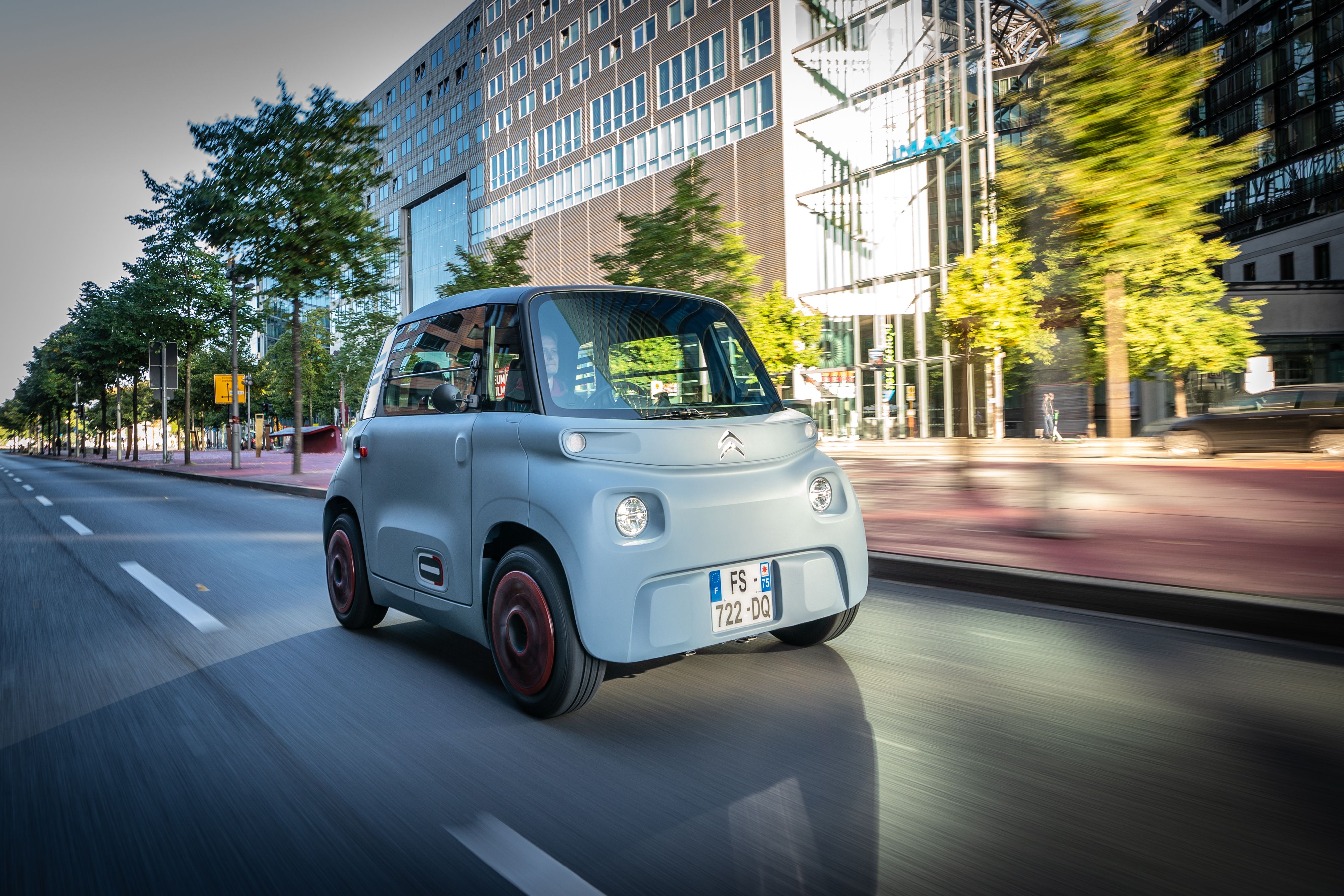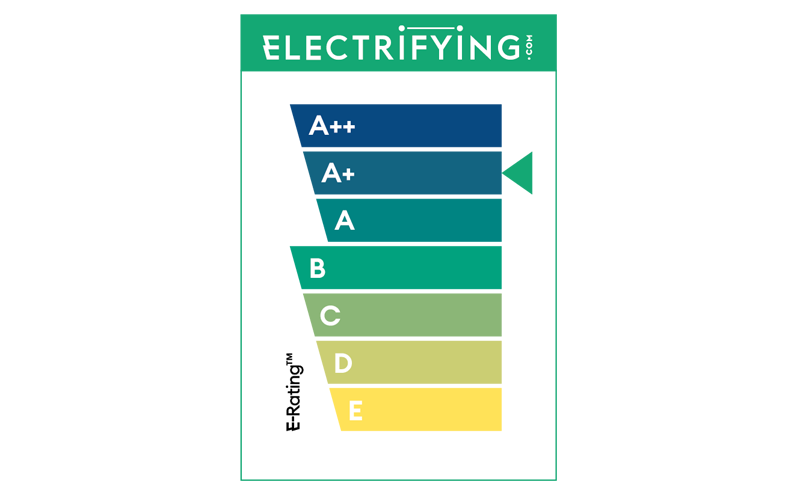Pricing
This is an expensive car, whichever way you cut it. It operates in a realm immune to government grants and discounts – wholly understandable – and starts at comfortably over £80,000 in regular e-tron GT guise, rising to nearly £140,000 (yes, really) for an RS e-tron GT in a fancier trim level. And these are all baselines. Audi’s optional extra system operates in packages, so if you want to add Matrix LED lights or a 360-degree camera or suchlike, you’ll be doing so with a chunky options pack that might run into several thousand pounds.
We’d bargain on adding at least £10,000 to the list price if you fancy a few bits and bobs on top of base spec. But given this is the premium German car norm – Porsche has been getting away with this approach for years – nor is it a specific point of criticism for the e-tron GT. It’s worth noting the Taycan starts at £74,000, but with much less power than the base Audi. If you want the Porsche with equivalent power, it’ll cost more money.
Running costs
The running costs won’t be weeny either. The e-tron GT sits in the highest possible insurance group, even with its lower power output, while its bulky battery ensures a full charge will be over £20 on a home charger. Plug into an ultra-high-speed motorway charger – like the ones the e-tron GT’s sat nav loves directing you to, to cut down journey times –and you’ll be paying the electric equivalent of 20mpg fuel economy, making each mile of travel in one of these as pricey as it’d be in an Audi RS6 of old. But if you’ve paid the best part of £100k (or more) to get into one, you’ll likely be able to stomach the running costs. Its warranty periods and BIK rate are on par for the class too.

























